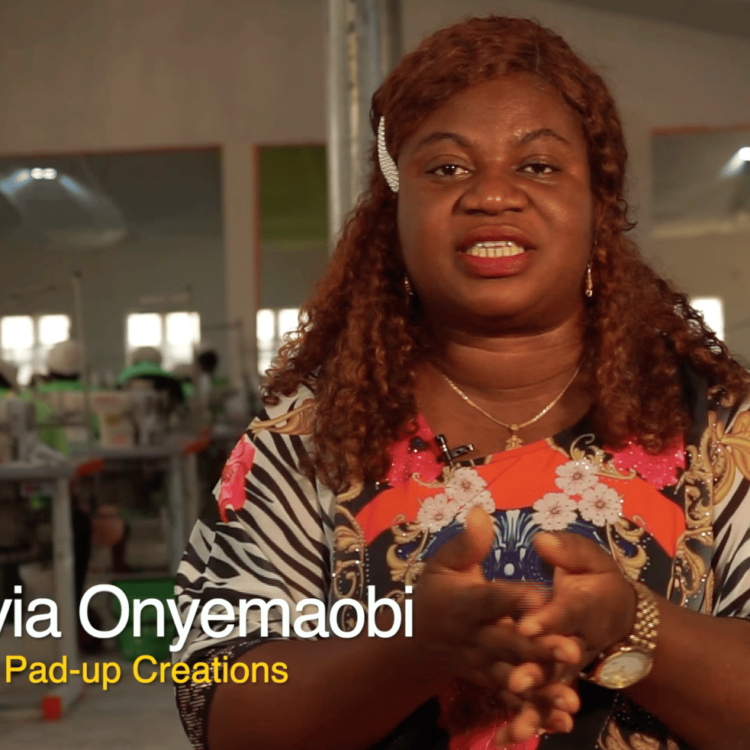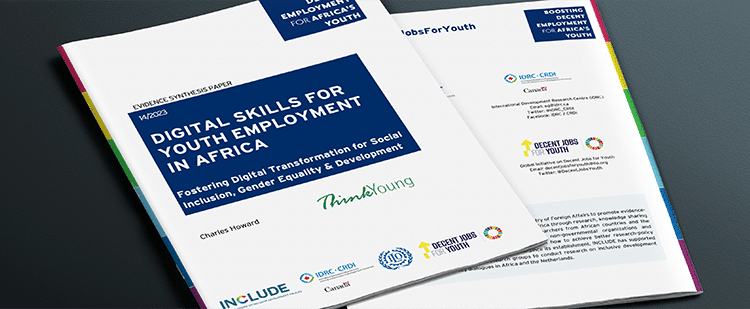
The German government is effecting a paradigm shift in its cooperation with the African continent. In line with this, the ‘Cornerstones of a Marshall Plan with Africa’ has been launched by the Federal Ministry of Economic Cooperation and Development and a ‘Compact with Africa’ by the Federal Ministry of Finance under the German G20 presidency. The European Union has echoed the need for these plans. But can Germany’s plans capitalize on the momentum to create this paradigm shift in cooperation between African countries and the world?
Times could not be better for a shift of paradigm in international cooperation with Africa. The current model of globalization has failed – evidenced by the financial crisis of 2008, increasing inequalities, and rising economic protectionism and nationalism. These global challenges have done away with the stereotypical image of Africa as prone to crises. Wealthy countries are now just as much a part of these various crises as African countries. A new model of fair and equal globalization requires African solutions as much as Asian, American and European ones. But can the German ‘Marshall Plan with Africa’ live up to its promise?
‘New wine or old wine?’ – ‘New’ if the plan is taken as a sum of its parts
Despite the plan’s name – which calls forth associations with a morally-defeated post-war Western Europe – it very much emphasizes African choices, African ownership of development policies and African vision (Agenda 2063) as the basis of cooperation. Moving beyond the ‘labeling discussion’, observers of African international relations will find a lot of old, but good, ideas in the Marshall Plan with Africa – such as employment, ownership, the idea of a ‘big push’ and the fight against corruption. However, if taken as the sum of its parts, the plan also contains opportunities for a much-needed paradigmatic shift in African-German and European cooperation to take place. These can be summed up in three main points.
First, the Marshall Plan goes beyond economic reform (as outlined in its first pillar) to comprise peace and security (second pillar), and democracy and the rule of law (third pillar). The plan thus acknowledges that the making of economic policies is political and that a fair distribution of resources is more likely in democratic regimes. Bringing together the reform ideas of the three pillars offers an approach that fosters structural economic transformation – a precondition for peace and sustainable development on the continent. Yet, the plan leaves it to policymakers as to how to build a comprehensive approach on the basis of these pillars. Successful implementation will require more and more explicit inter-sectoral policy making, as well as cooperation based on the principle of reciprocity.
Second, the plan is an opportunity to renew Europe’s engagement with Africa. It acknowledges that Germany alone cannot achieve this goal. European countries and civil society shall, therefore, work together to achieve sustainable development. The European Investment Bank and the European Parliament have already echoed this plan. It is to be expected that the European institutions, Germany and other EU members will take up the thread and prepare more specific proposals for the G20 Hamburg summit in July 2017 and the EU-Africa Summit in Abidjan in November 2017.
Third, the Marshall Plan offers a starting point for the reform of global and national structures. It makes a case for the interdependence of reforms at different levels of world politics. For instance, the expansion of fair trade structures or limits on the exporting of small arms to Africa requires reforms at all levels.
A value-based approach and its limits for ‘reform partnerships’
German–Africa policy is meant to be value-based, according to the Marshall Plan – based on the values of freedom, solidarity, democracy and the rule of law. This is remarkable given the democratic and legal challenges the EU is facing in its cooperation with African countries on migration. Germany might use the Marshall Plan to make sure that the core values of democracy and rule of law do not get lost in the negotiations for a post-Cotonou agreement and the European Partnership agreements, as well as other areas. However, a strong commitment to democracy and the rule of law does not happen without tradeoffs and challenges. Countries that perform the best economically might not be the same as those with the best prospects for democracy – take, for instance, Egypt, Ethiopia or Rwanda. At the same time, closed political regimes are more likely to face civil war when powerholders continuously disregard societal conflict. The plan’s intention to identify and work with ‘African reform champions’ is, thus, likely to be difficult to actualize.
Living up to the promises of a new German–African policy
It is possible, but still a long way off, to transform current patterns of cooperation into an equal partnership, as outlined in the Marshall Plan. Three initial steps should be taken to ensure this.
First, the name ‘Marshall Plan’ has fulfilled its purpose in that it has provoked a public debate on German–Africa policy. However, it is now time to rename the plan to avoid recurrent and deviating discussions about a name that does not properly reflect the aims of the new German–Africa policy.
Second, the Marshall Plan and the Compact with Africa can only make a difference if they are based on joint interests and acknowledge the differences between African societies, Germany and Europe. Implementation will only be successful if African institutions and leaders engage in reforms. An African structure that can play this role must be identified. Within the German government, the German plans can cross-fertilize; for instance, the Compact with Africa of the G20 presidency could add a focus on the social and political environment of economic reforms and on the Agenda 2030, a goal of the G20 presidency. Overall, identifying strategies that guarantee a holistic approach that combine economic and political reform will be crucial for structural change and for sustainable development in Africa.
Third, Germany’s new Africa policy has gained a lot of international attention. It is important to sustain its commitment to a paradigm shift for cooperation with Africa beyond the German elections in September 2017. The German agenda should thus be linked to ongoing international processes on cooperation with Africa – in particular, with the EU post-Cotonou agreement, the G20, the Agenda 2063 and the Agenda 2030. This is crucial to sustain Germany’s legitimacy in cooperation with Africa.




